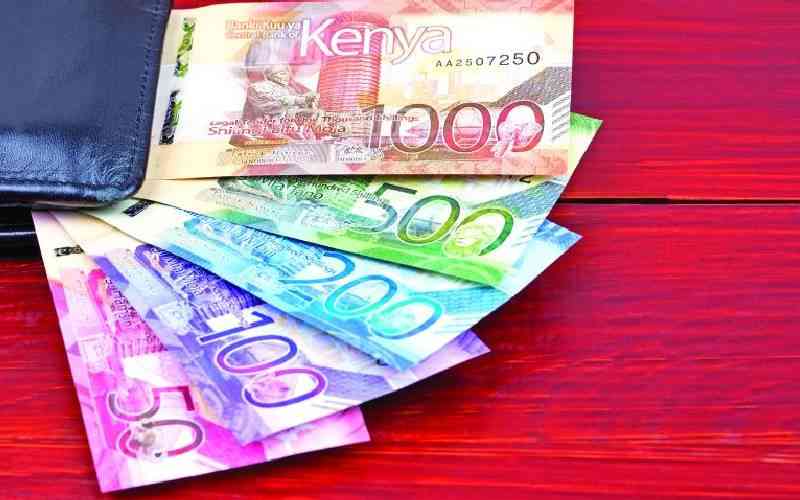×
The Standard e-Paper
Smart Minds Choose Us

The weakening of the shilling over the last year has meant that electricity consumers have to contend with a higher cost of power.
This is as the foreign exchange adjustment component of the power bill goes up.